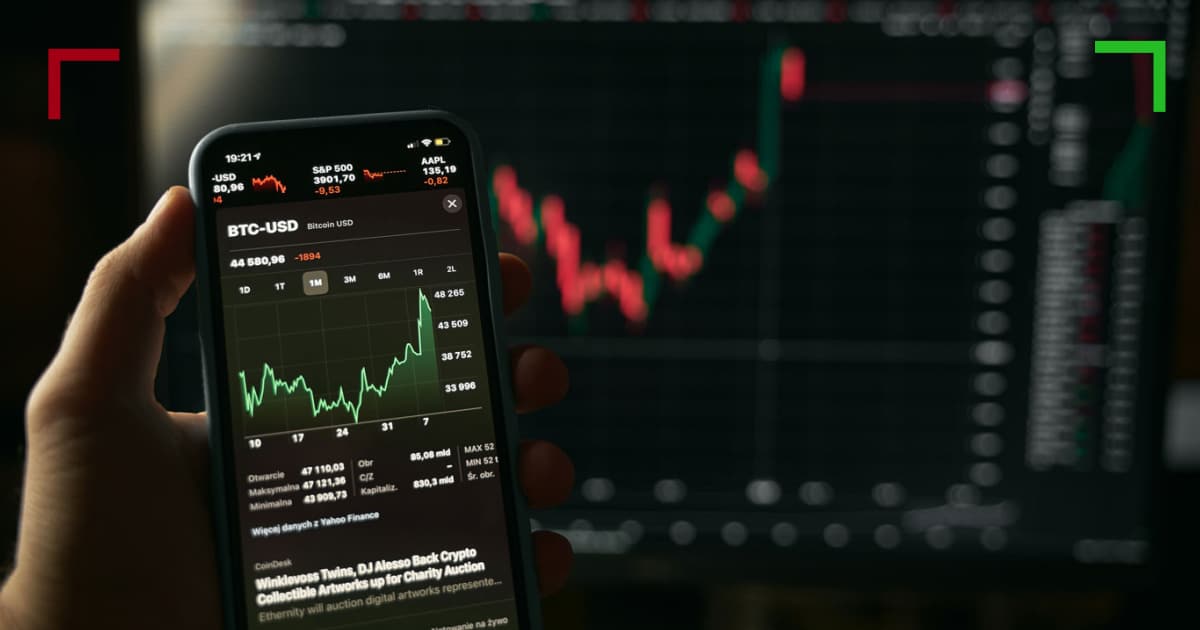
Essential Tips for Ensuring Crypto Trading Security
In the rapidly growing world of cryptocurrency trading, security has become a paramount concern for investors. With the increasing number of cyberattacks and fraud cases, ensuring your crypto trading security is more important than ever. To dive deeper into how you can improve your trading security, Crypto Trading Security click here to participate in our survey.
Understanding the Risks
The first step in securing your crypto trading activities is understanding the risks involved. Cybercriminals often target cryptocurrency exchanges and wallets due to the relatively lax security measures compared to traditional banking systems. Moreover, the anonymity and lack of regulatory oversight in the crypto space can make it easier for malicious actors to exploit vulnerabilities.
Common threats include:
- Phishing Attacks: This involves tricking users into providing their private keys or login information through fake websites or emails.
- Malware: Malware can be used to monitor your activities, steal your credentials, or even lock you out of your wallet.
- Exchange Hacks: Centralized exchanges have been prime targets for hackers, resulting in significant losses for users.
Best Practices for Crypto Trading Security
To protect yourself effectively in the world of crypto trading, consider the following best practices:
1. Use Hardware Wallets
Hardware wallets store your cryptocurrencies offline, making them less vulnerable to hacking. While they may come with an upfront cost, the security they offer is invaluable. Always choose reputable hardware wallet brands and keep them updated with the latest firmware.
2. Enable Two-Factor Authentication (2FA)
Using 2FA adds an additional layer of security to your accounts. Even if someone manages to steal your password, they will need a second verification method, such as a code sent to your phone, to access your account.
3. Utilize Strong Passwords
Always use strong, unique passwords for your accounts. A good practice is to use a combination of upper and lower case letters, numbers, and special characters. Ideally, employ a password manager to generate and store your passwords securely.
4. Be Skeptical of Links and Emails

Always verify the authenticity of links and emails. Scammers often create fake communication to steal your information. Double-check URLs and the sender’s email address before clicking on links or providing any sensitive information.
Keep Your Software Updated
Keeping your software up to date, including your operating system, wallet applications, and antivirus software, ensures you have the latest security patches and protections against emerging threats. Regular updates can significantly reduce vulnerabilities that hackers might exploit.
Understand and Use Trading Platforms Securely
When choosing a trading platform, conduct thorough research. Check for user reviews, regulatory compliance, and security features. Some key parameters to consider include:
- Encryption Protocols
- Insurance Policies (in case of hacks)
- Withdrawal and Deposit Policies
Use exchange features wisely; for instance, avoid leaving large amounts of crypto on exchanges for extended periods.
Monitor Your Accounts Regularly
Active monitoring of your trading accounts can help you quickly identify unauthorized transactions. Set up alerts for any withdrawals or transactions you did not initiate and review your account activity regularly.
Learn About Decentralized Finance (DeFi)
With the rising popularity of DeFi platforms, many traders are looking to diversify their assets. While DeFi offers exciting opportunities, it also comes with its own set of risks. Ensure you understand how these platforms work, and only use decentralized protocols that have been audited and proven to be secure.
Security Education and Community Involvement
As the landscape of cryptocurrency evolves, education is crucial. Participate in community discussions, follow security experts, and stay informed about the latest security trends and developments in the crypto space.
Joining forums and groups can provide collective intelligence on threats and security techniques that can enhance your trading security. Engaging with the crypto community helps foster a culture of sharing and awareness, ultimately contributing to security innovations.
Conclusion
Security in crypto trading is an ongoing effort that requires vigilance, knowledge, and the utilization of best practices. By understanding the risks, implementing robust security measures, and staying informed, you can significantly enhance your protection against potential threats. Invest time in securing your digital assets for peace of mind, allowing you to focus on making informed trading decisions. The security of your investments lies in your hands, and taking proactive steps is crucial in the dynamic world of cryptocurrencies.
